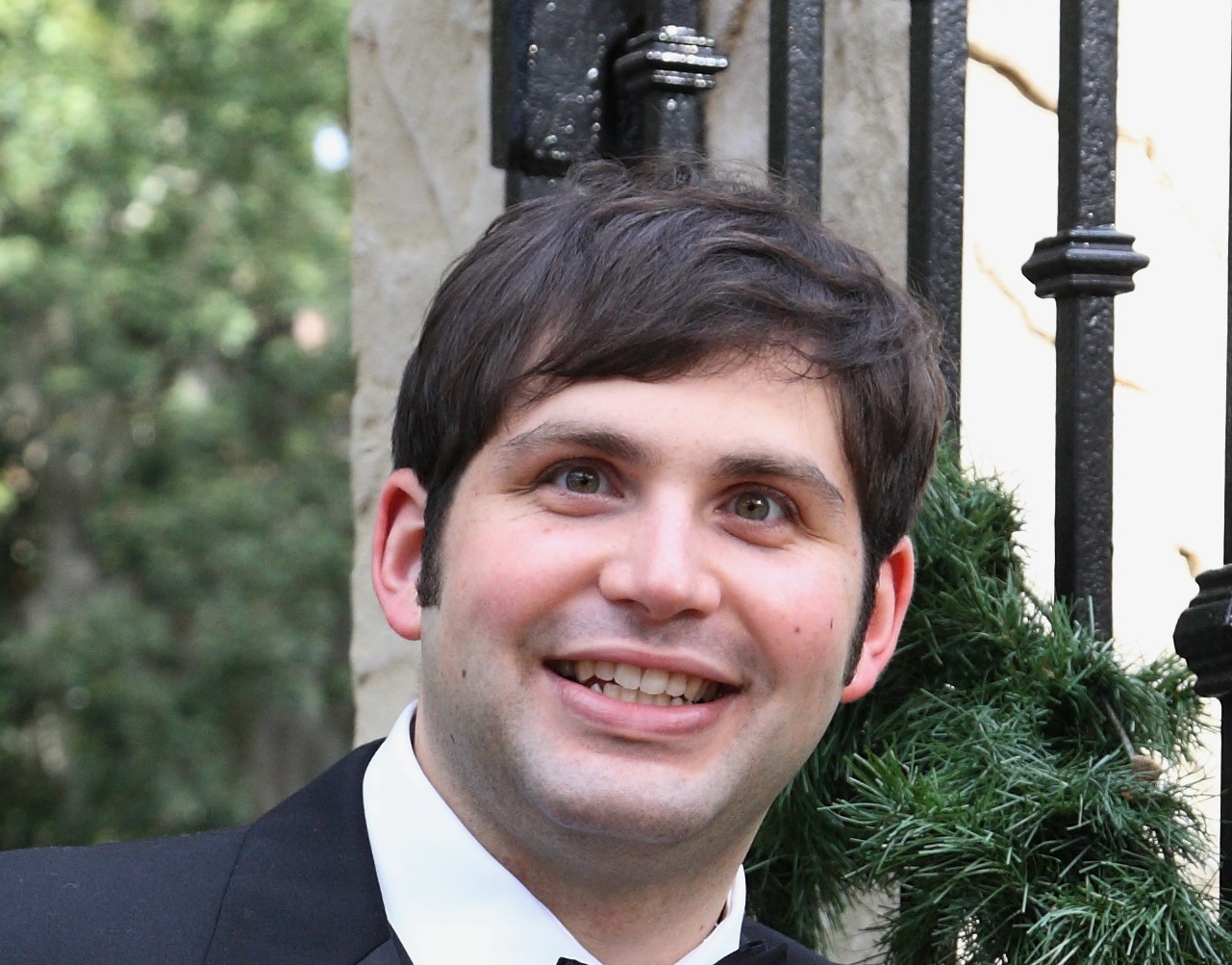
Reward or Bribe?

Dr. Carey Heller: Clinical Psychologist and founding partner of The Heller Psychology Group LLC in Bethesda, Maryland.
When trying to get children to do something that you want them to do (and presumably should be doing anyway), there is often a fine line between a reward and bribe. Some parents feel strongly about not providing their children with any incentives for good behavior or completing certain tasks. Others are happy to provide whatever items are necessary if it means that their children will behave or do what they are supposed to do.
Let’s look at the definition of each. A reward is defined as: “to give money or another kind of payment to (someone or something) for something good that has been done.” (Merriam-Webster Dictionary).
A bribe is defined as: “something valuable (such as money) that is given in order to get someone to do something.” (Merriam-Webster Dictionary).
Therefore, in comparing the two definitions, it seems that the difference lies in the motivation and timing of the incentive. A reward reinforces something positive that was completed. A bribe is used to get someone to do something. This subtle difference makes a huge difference when looking at parenting and how incentives are used. Let’s use the example of a trip to an amusement park. Used as a reward, a child could earn this trip by completing all of his/her homework for two weeks. When used as a bribe, parents provide the child with a trip to the amusement park in exchange for agreeing to complete all of their homework for two weeks. Thus, a reward is applied as a positive consequence for doing something, whereas a bribe is provided before the desired action is taken. With bribes, there is less accountability since the incentive has already been given.
Which is better, a reward or a bribe?
Probably not surprisingly, I would argue that a reward is much better for improving behavior while a bribe has more potential to decrease positive behavior over time and lead to more significant issues later on. Incentives used as rewards help motivate positive behavior by reinforcing it, since they are given after the action is taken. Bribes may motivate children in the short-term, but don’t reinforce the importance of completing whatever needed to be done, and there is less accountability if children don’t complete the desired task following receiving the bribe. Additionally, children who receive bribes may be more likely to expect bribes in the future and wait for them in order to complete items that they should be doing anyway.
Therefore, rewards and bribes are different, and rewards are much better in the long-term. Thus, when you’re thinking about how to encourage children to complete tasks, behave appropriately, etc., think about the difference between a reward and bribe and make sure you are helping your child effectively with your choice/manner of implementing incentives.
In addition to regular blog updates, you can follow me through The Heller Psychology Group’s Social Media pages for daily postings of useful articles:
*Disclaimer: The previous information is intended as general guidance based on my professional opinion, does not constitute an established professional relationship, and should not replace the recommendations of a psychologist or other licensed professional with whom you initiate or maintain a professional relationship*


Engage us on Facebook
Follow us on Twitter
Tweets by @mymcmedia